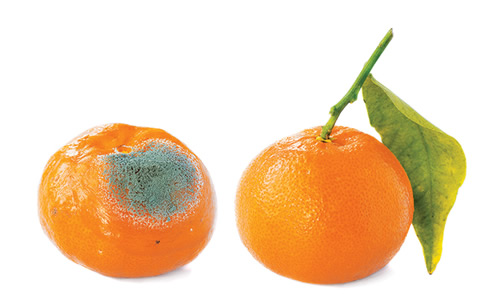A staggering 30 to 50 per cent of the food produced on this planet goes to waste every year, says PhD student Tammara Soma (MSc 2010), a Trudeau Foundation Scholar specializing in urban planning and environmental studies. What many people don’t realize, she says, is that more and more of this waste is happening in developing countries.
It’s a serious problem, and not only because so many of the world’s people continue to go hungry. Food rotting in dumps contaminates groundwater and releases heat and methane gas into the atmosphere. Meanwhile, this waste food and the plastic increasingly used to package it feed and house cockroaches, rats and disease-carrying mosquitoes.
Growing up in West Java, Indonesia, Soma witnessed first-hand a pattern that has been playing out in cities across the developing world. As cities grow, farmland comes to be displaced by housing developments and malls, and local food markets by big-box retailers. People travel farther to do their food shopping and buy more than they need each time, leading to increased food waste. A lack of awareness seems to be part of the problem. “In urban planning, food waste is not considered an issue that planners should be worried about,” Soma says.
She hopes her research will help change this. Knowledge of the causes and consequences of food waste, she says, may spur tomorrow’s urban planners to start taking the food system into consideration. In developing countries, planners could work to prevent cities from encroaching on farmland and traditional food markets by planning for more “vertical” or denser cities, along European lines, rather than North American-style suburban sprawl.
Many cities in developing countries also need much better waste-management systems, she says – garbage is often now collected by municipalities en masse without being separated. Home- or community-based composting programs could simultaneously help manage food waste and increase local food production.





